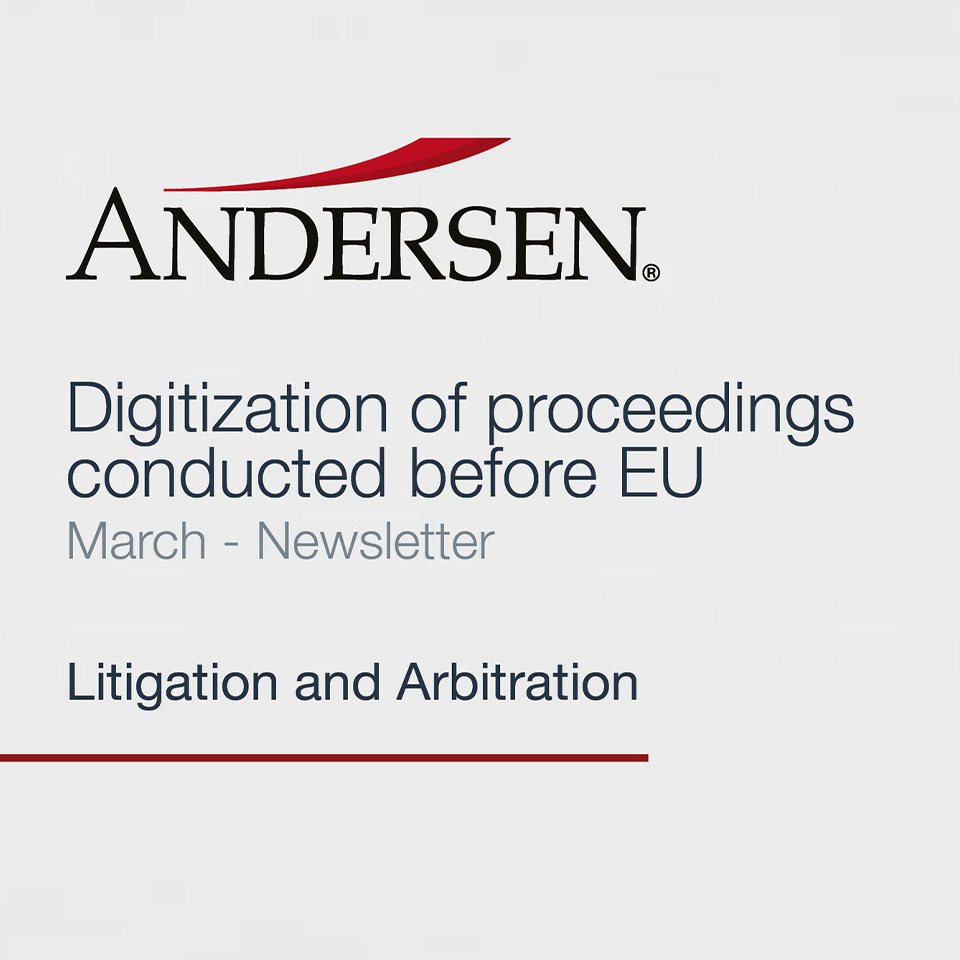“Trust Litigation and Disclosure mechanisms in Trust Deeds” was the subject of a CPD event organised by STEP Malta, the Malta branch of the Society of Trust and Estate Practitioners.
“Trust Litigation and Disclosure mechanisms in Trust Deeds” was the subject of a CPD event organised by STEP Malta, the Malta branch of the Society of Trust and Estate Practitioners.
Held on the 21st of January, 2014, at Le Meridien Phoenicia Hotel in Valletta, the event was opened by STEP secretary, Ms. Tracy Lange, who introduced the speaker. Mr Andrew A. Martin visited Malta from Bermuda on STEP Malta's invitation to speak at this seminar. Mr Martin is a director MJM Ltd Barristers & Attorneys, a leading Bermuda law firm. His areas of practice include substantial trust litigation as well as international corporate dispute resolution, commercial litigation and arbitration, insolvency, corporate reconstruction and complex employment matters. Mr. Martin has been counsel to parties in a number of major international trust disputes before the Bermuda courts in the last several years.
In the first session, Mr Martin treated an aspect of trust litigation which has been developing practical importance for parties who find themselves before the court for the purpose of getting directions or authorisation from the court. The issue concerned the extent to which it is possible to protect the identity and the details of the trust and the parties concerned, and the details of the trust from the publicity normally required when applications are made to court in public. The trend in several offshore jurisdictions has been to balance the requirement for public justice with the legitimate interest of parties to keep their affairs private, except to the extent that there is a genuine public interest in the disclosure of relevant facts or matters necessary to demonstrate the application of legal principle, without damaging the confidentiality of the specific facts relating the case before the court. The principles applied in other offshore jurisdictions may be of relevance and interest to practitioners in Malta because of the close similarity in the principles of public justice and justifiable exceptions contained in Malta's own constitution.
In his second session, Andrew Martin reviewed a judgement recently passed by a Bermuda court which considered the extent to which it is possible for draftsmen of trusts to include mechanisms to restrict the availability of trust information to beneficiaries and others. The court decided that it was in principle possible to do so provided that the clause did not oust the supervisory jurisdiction of the court and enabled the beneficiaries to hold the trustees to account. The case was decided on its own facts. However, a number of general points of interest arose for consideration as to how the trustees might react in a situation of conflict between the parties, what the trustees duties might be and some of the practical realities of managing difficult situations when relationships between beneficiaries broke down.
The event came to a close with an address by STEP Malta’s Chairman Dr. Jean Philippe Chetcuti inviting members and their colleagues to participate in two new technical subcommittees working on trust-specific anti-money laundering guidelines and another reacting to the European initiative on the registration of beneficial owners of companies and trusts. Practitioners local or foreign, practising in Malta in the areas of estate and succession planning are encouraged to participate actively on these committees as well as join as members of STEP’s Malta branch.
















